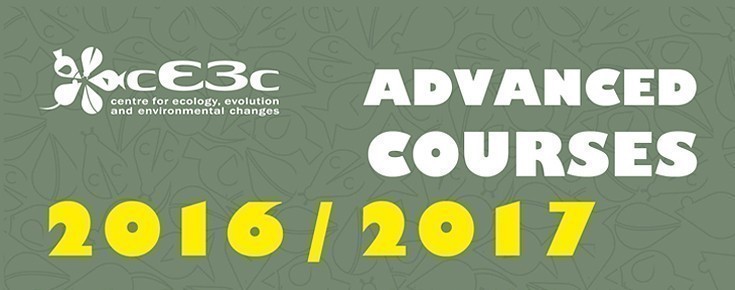
With this course, we aim at providing the participants with the basics of lichen biology and ecology, biomonitoring and data analysis methods to allow the use of lichens for the interpretation of the environmental conditions and the development of a responsible scientific-based environmental management.
Lichens are amongst the most sensitive organisms to environmental changes at the ecosystem level. Some of the most important drivers of global change, like climate, pollution and eutrophication are factors to which lichen communities respond in only a few years and lichen physiology in few weeks. Therefore, by “reading” lichens we can obtain useful information about the status of the environment and its changes over time and space.
Since the nineteenth century, observations based on changes in lichen community composition and species frequency have been used for biomonitoring purposes. Currently, new approaches based on functional diversity and lichen physiological response are being developed. Functional diversity has a wide geographic applicability and high inter-comparison potential and has proven to better predict impacts at the ecosystem level than total diversity measures. Newly developed physiological methods allow us to assess lichen’s response to the rapidly changing environmental conditions. Moreover, the link between physiological mechanisms, functional diversity and ecological impacts provides a trustable base for the development of environmental policies.
This course can have recognition of 6 ECTs for FCUL PhD students enrolling in it as part of their first doctoral year. For FCUL PhD students only requiring 5 ECTs recognized in their specific PhD programs the excursion is not mandatory and the certificate will be on 'Topics in Lichens as a tool for interpretation of environmental changes and management’.
Lecturer(s) or Responsable(s): Pedro Pinho (Univ. Lisboa), Paula Matos (Univ. Lisboa), Silvana Munzi (Univ. Lisboa), Cristina Máguas (Univ. Lisboa), Cristina Branquinho (Univ. Lisboa), Sofia Augusto (Univ. Porto), Laura Concostrina (Univ. Lisboa).
Date: July 10th, 2017 to July 14th, 2017
Deadline for Applications: May 31st, 2017


